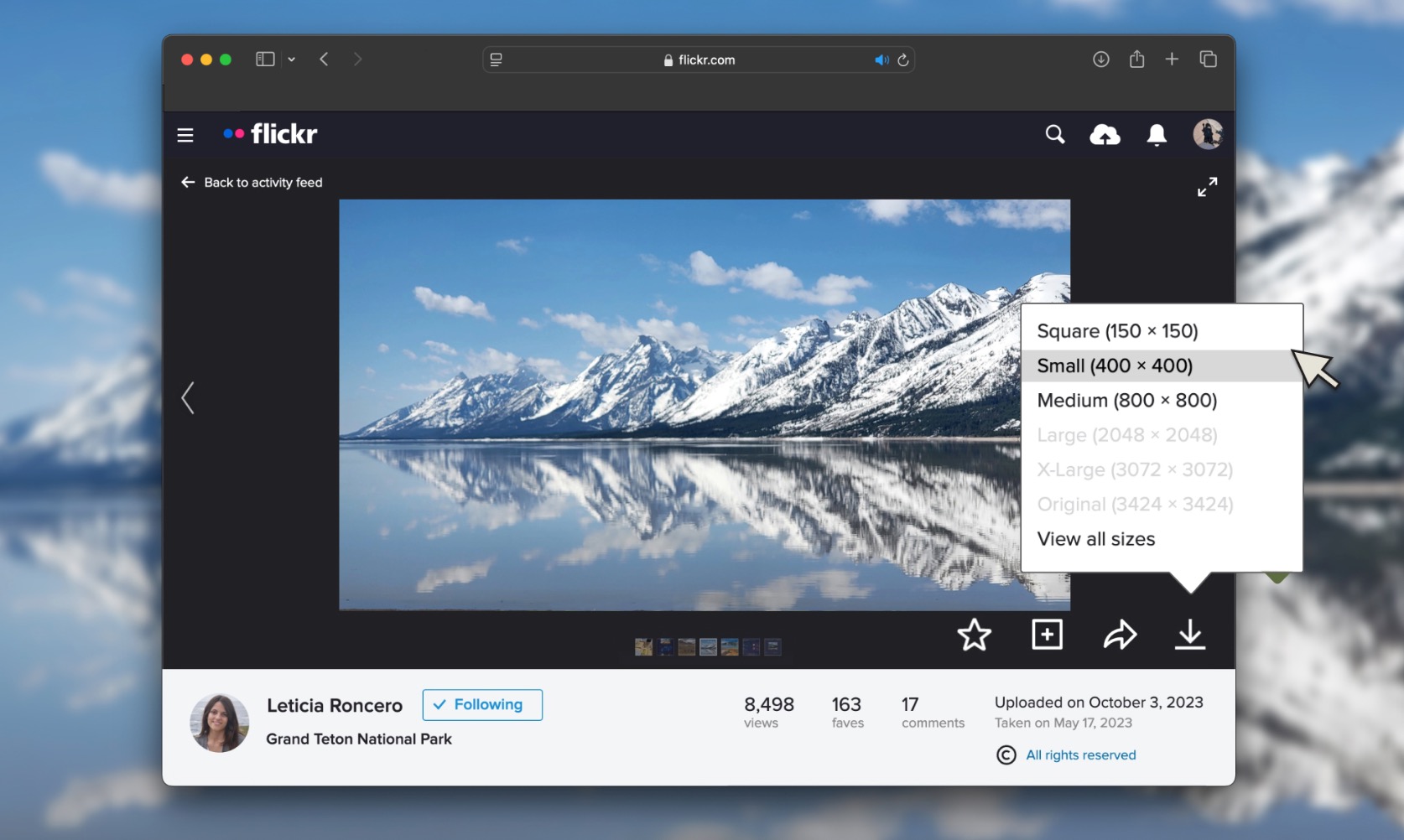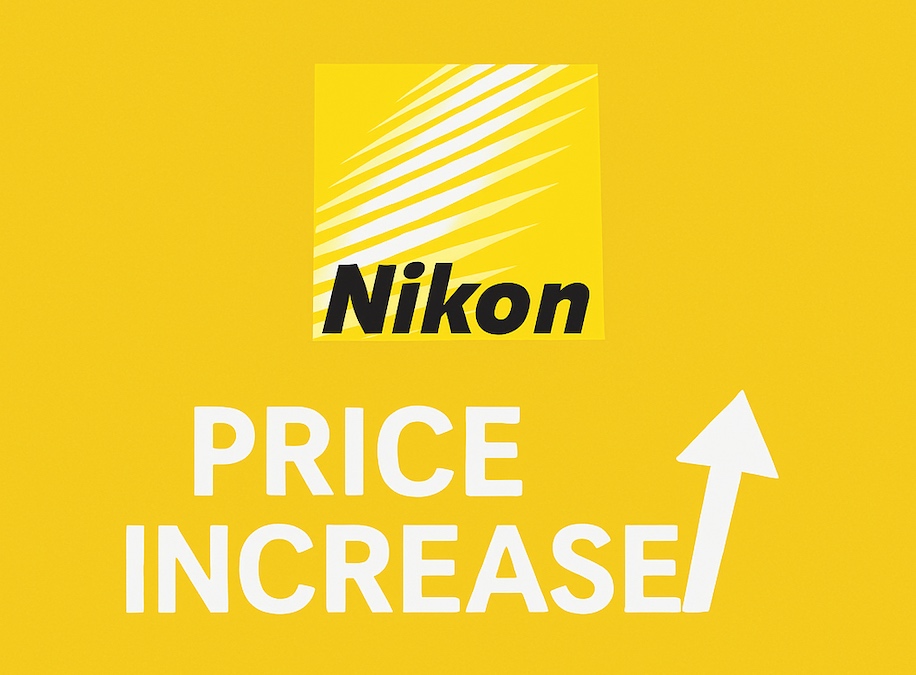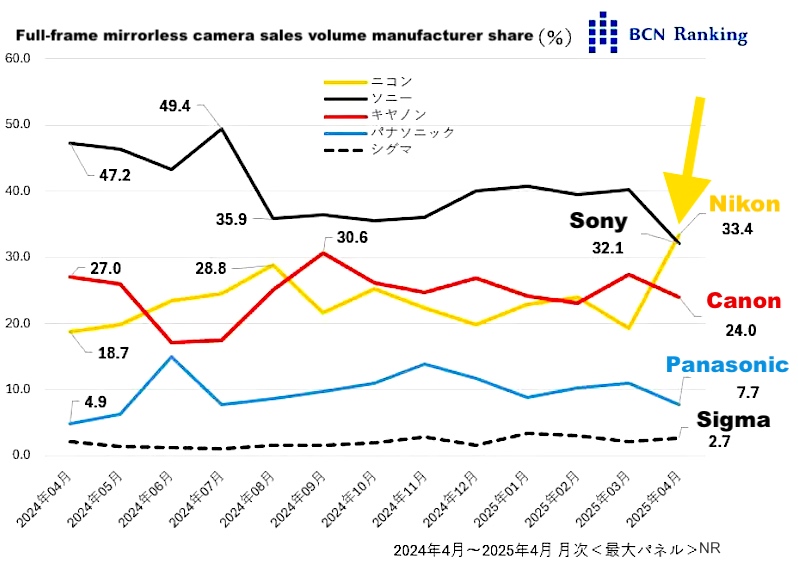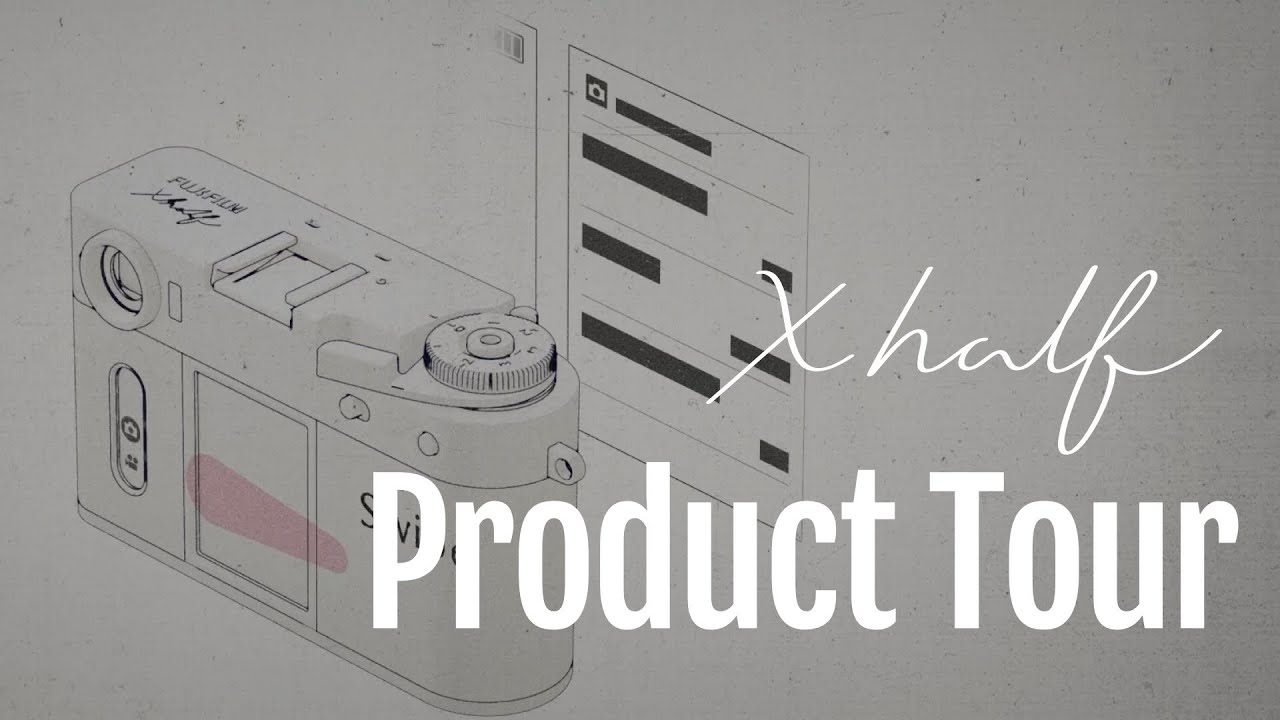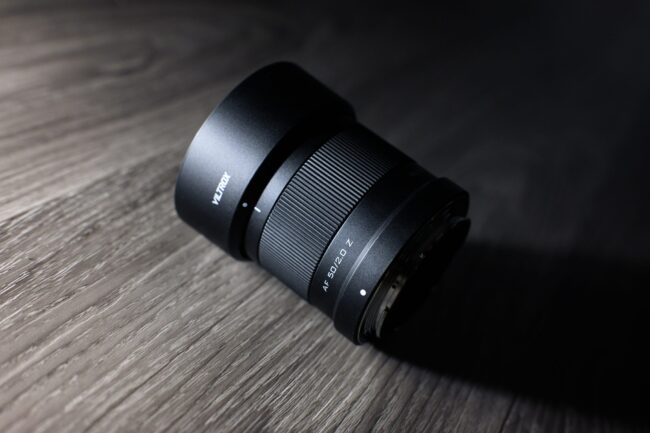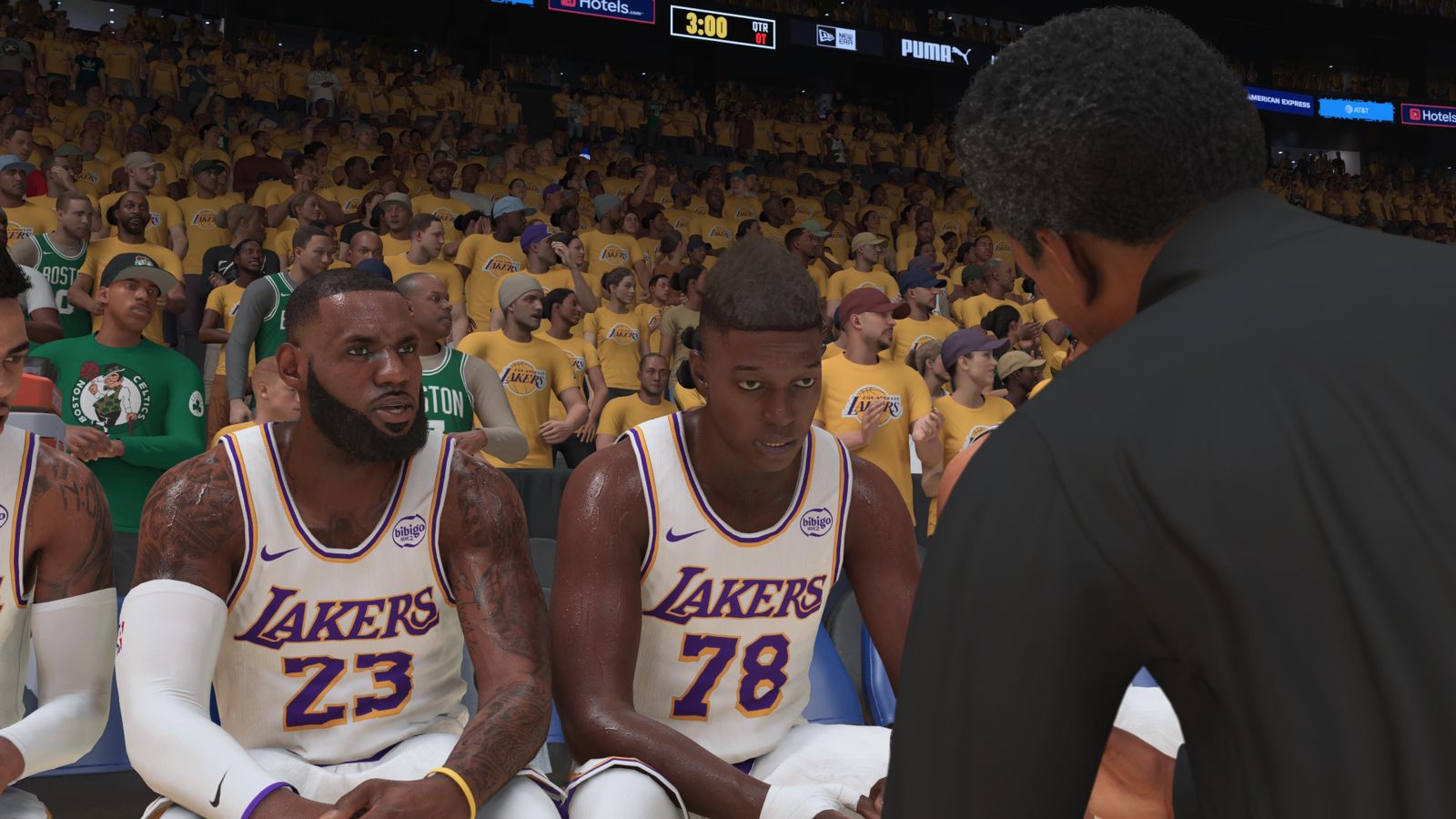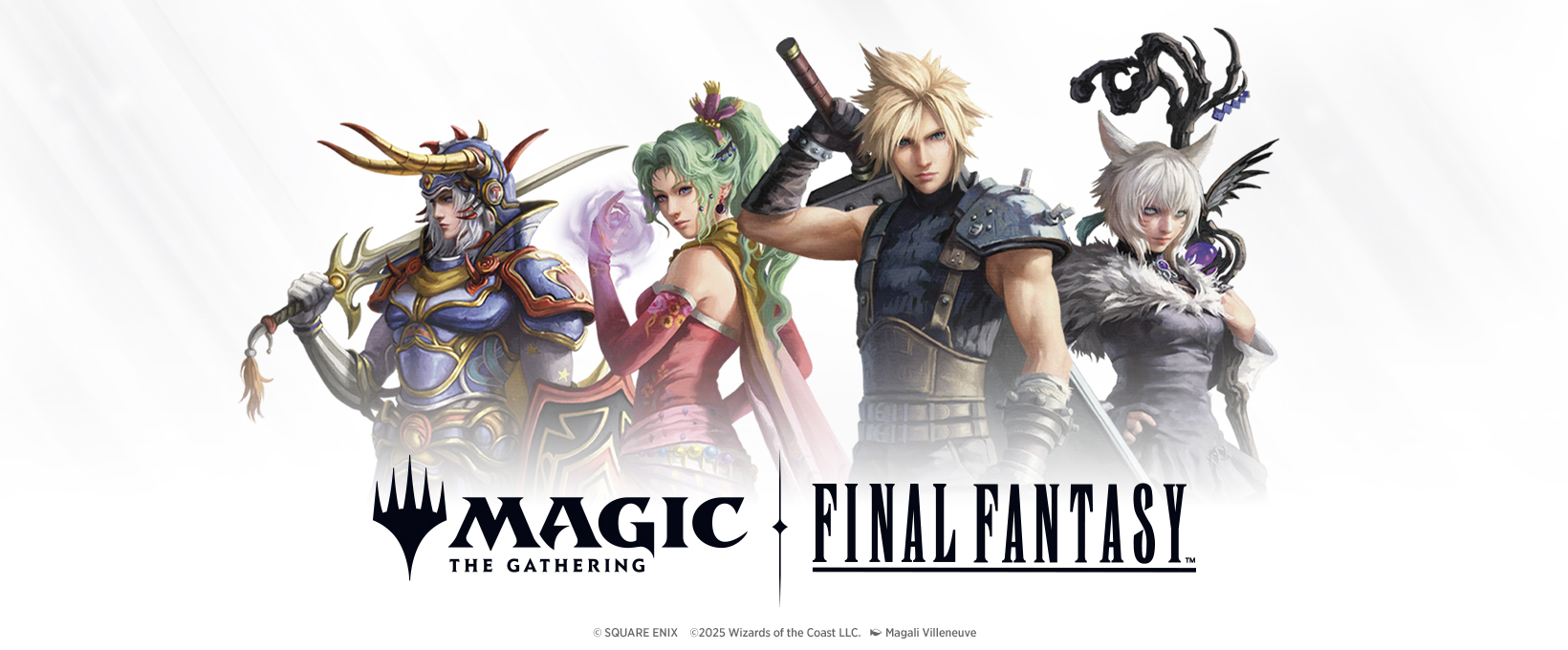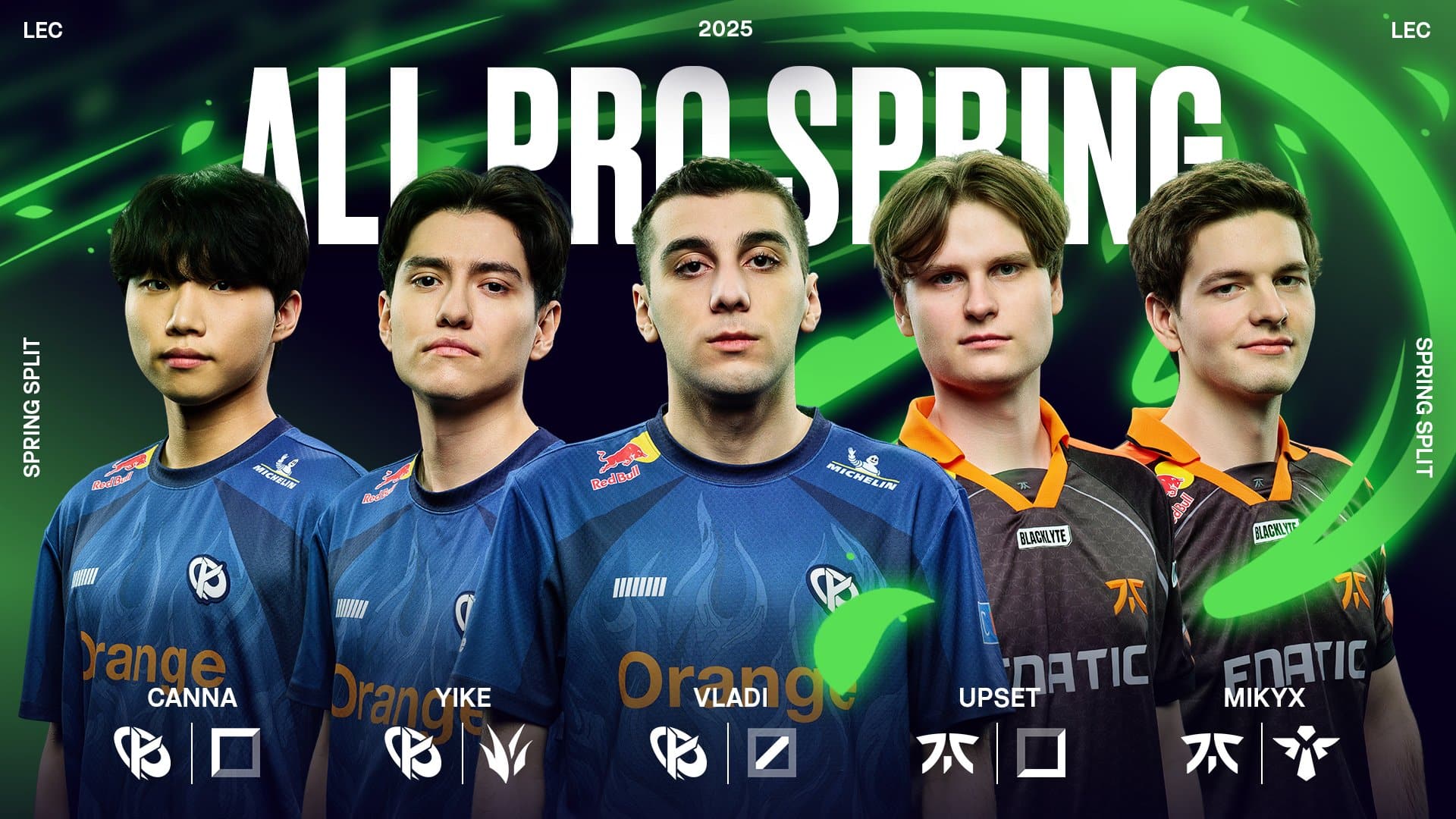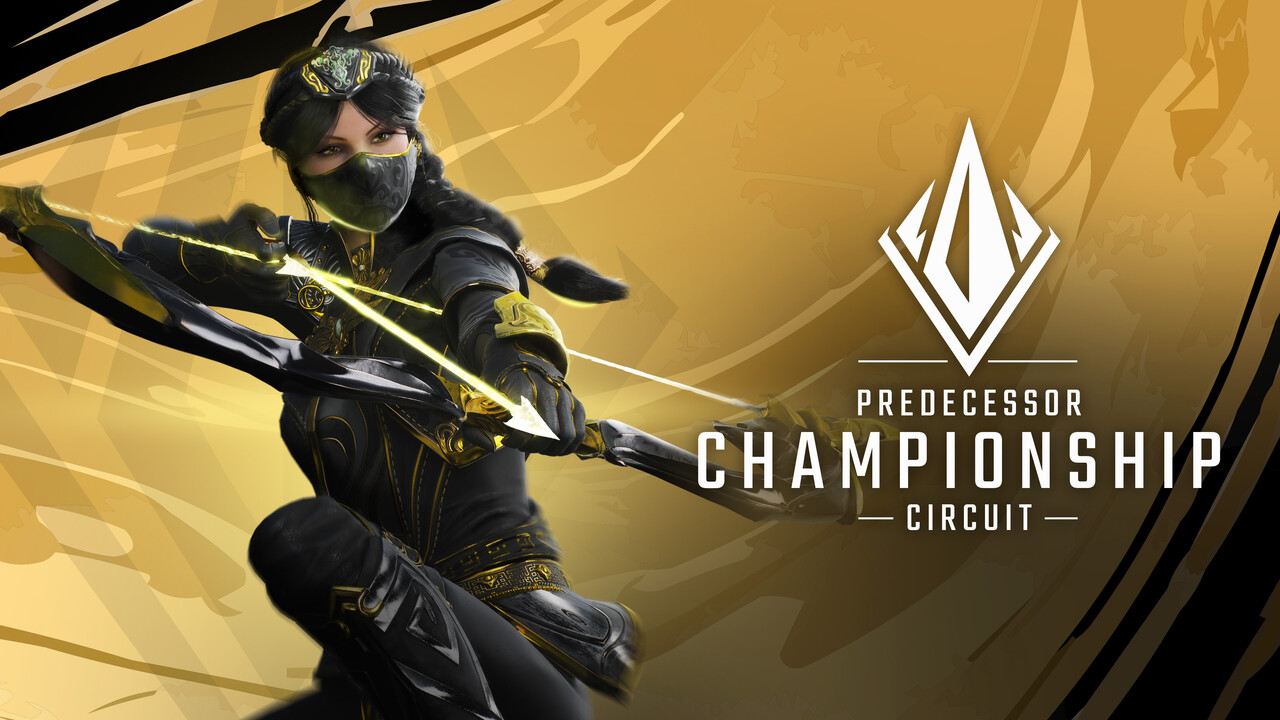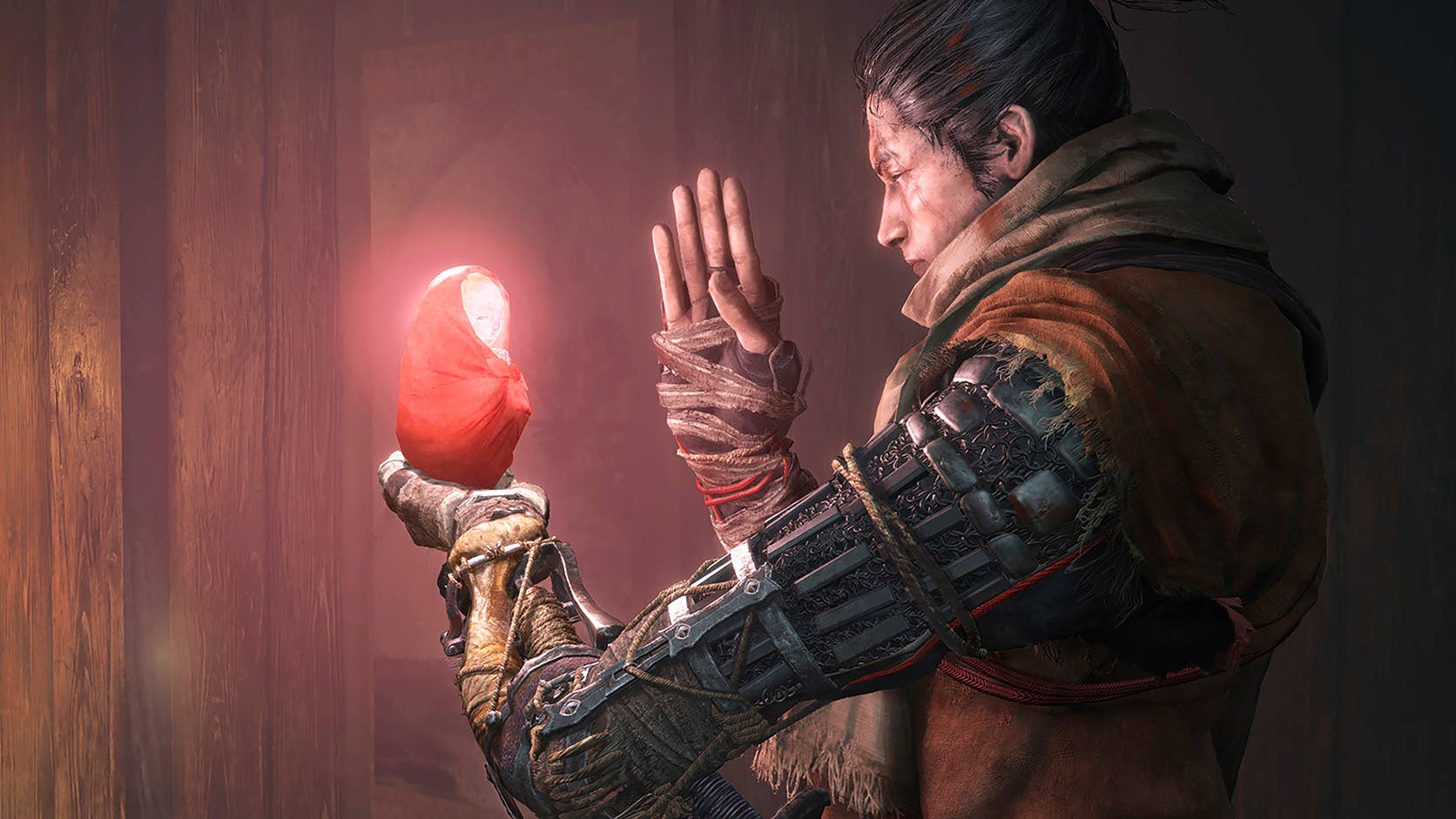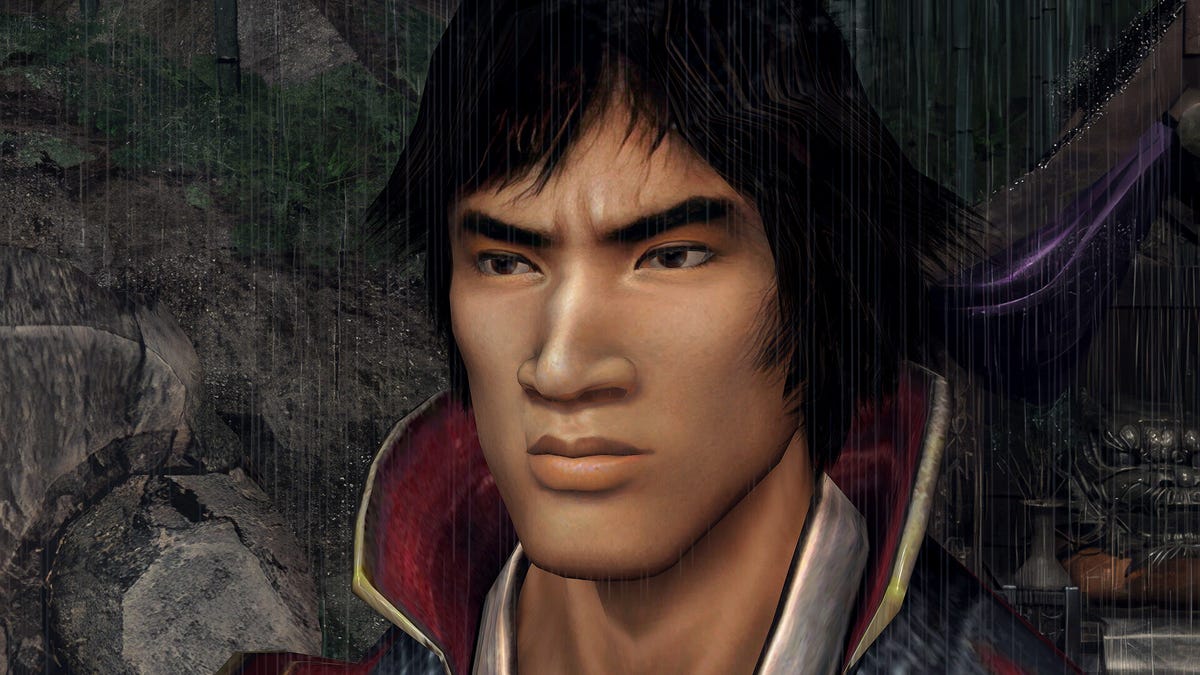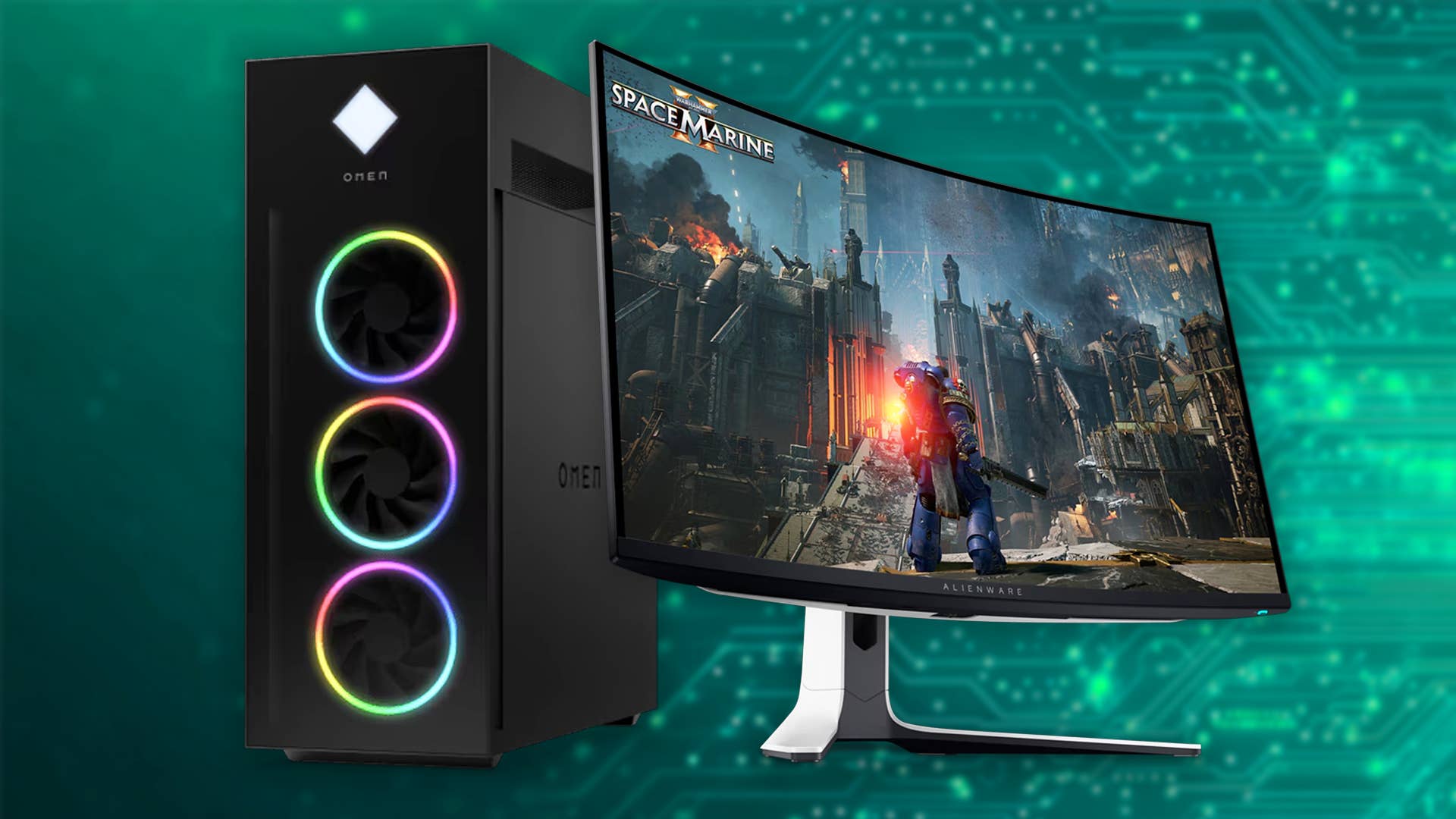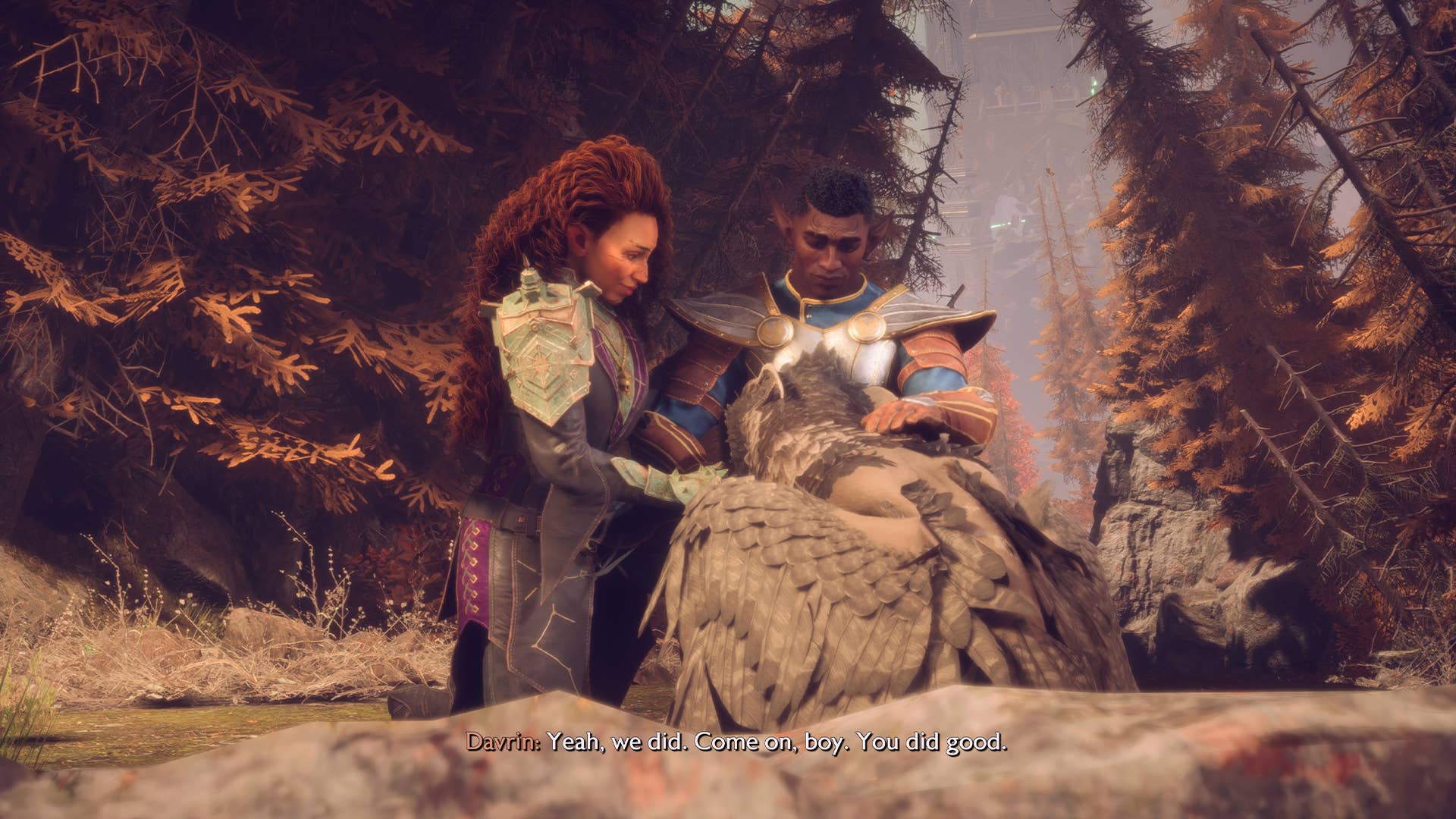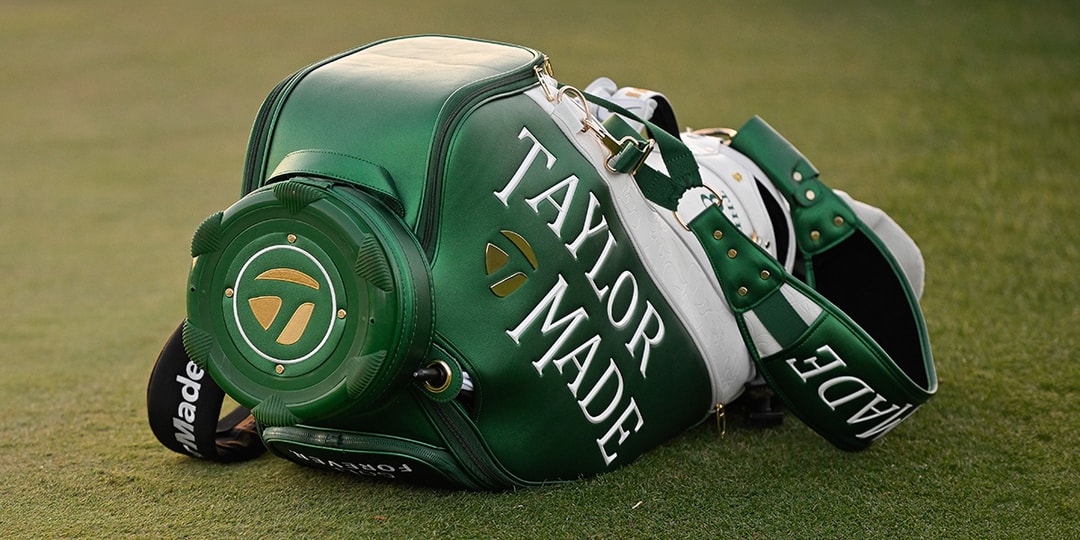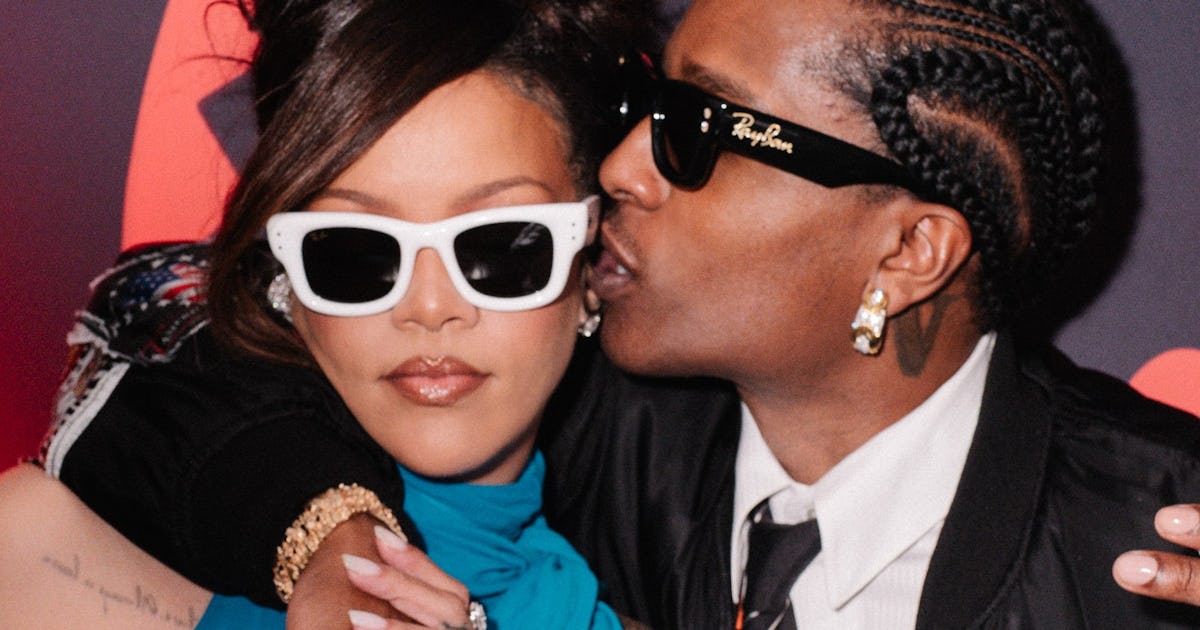Esports analytics arms race: AI is changing game strategy
TL;DR In esports, games are built on ones and zeroes. That provides huge volumes of data for study. Coaches are applying AI tools to training regimens while teams hire data scientists to uncover the most winning strategies. Analytics are used to improve performance, identify weaknesses in opposing teams and even stop cheating. These changes alter … Continued The post Esports analytics arms race: AI is changing game strategy appeared first on Esports Insider.
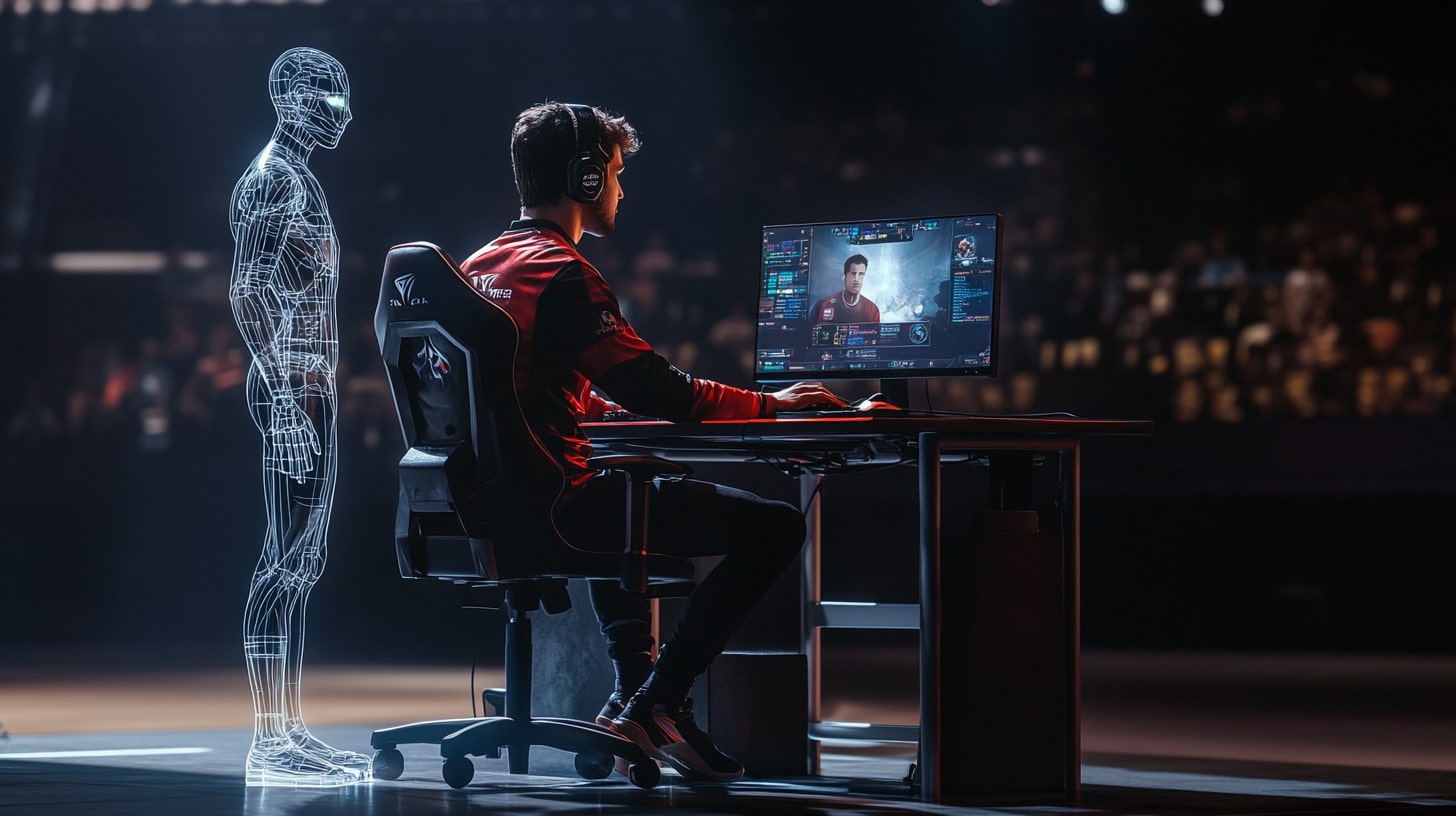
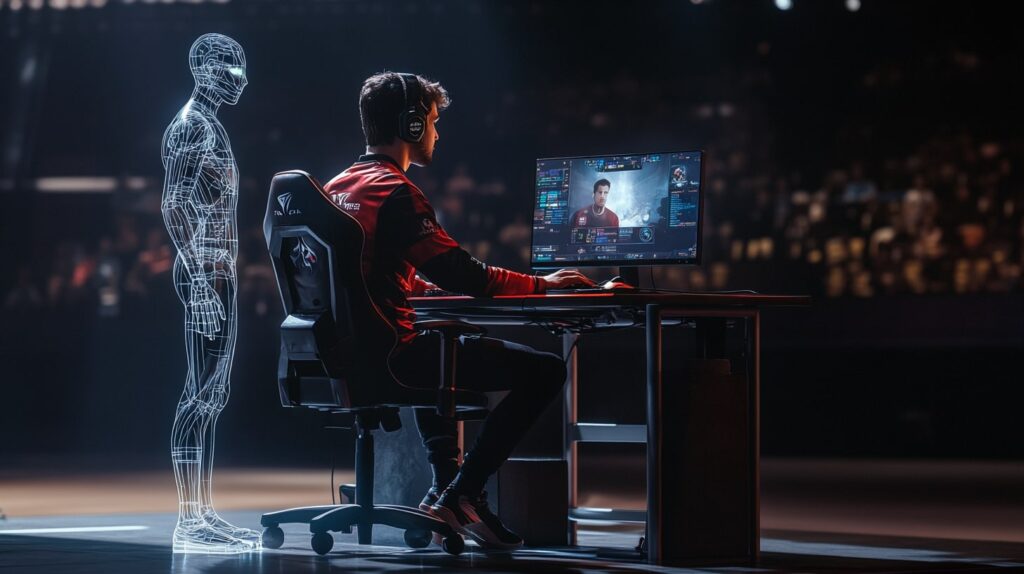
TL;DR
- In esports, games are built on ones and zeroes. That provides huge volumes of data for study.
- Coaches are applying AI tools to training regimens while teams hire data scientists to uncover the most winning strategies.
- Analytics are used to improve performance, identify weaknesses in opposing teams and even stop cheating.
- These changes alter how coaches develop strategy, determine match rosters, and alter gameplay tactics in real time.
Seconds count in esports. In the heat of play, making faster decisions can decide the outcome of a million-dollar match. Now, AI is helping coaches and game directors rack up insights and convert them quickly into tactical gains.
With a single match generating up to 50,000 data points, teams have massive stores of info to sift through for intel about rival teams. Analytics can help find the most effective strategies, anticipate next moves, and even capture invisible ‘tells’ that indicate an opponent is on the back foot.
As teams expand their data and machine learning expert rosters, is an esports analytics arms race kicking off? We look at how machine learning and AI are re-shaping the industry.
Welcome to Esports 2.0
Behind every esports team today is a tactical group of machine learning experts toiling between matches to process mountains of game data, uncovering trends and helping coaches design new championship-winning strategies.
In the AI before times, identifying an opponent’s tactical pattern could take half an hour or more. Now, algorithms operating at AI lightspeed can cut it down to three.
As esports organisations race to secure a competitive advantage, a new technical battlefront is opening up. It’s reshaping how teams compete, train, and win.
A ‘third eye’ for coaches and strategists
Reliable figures on esports AI spending are hard to come by, but wth big names like Team Liquid actively touting their data star draft picks, a gauntlet has been thrown down: up your AI capabilities, or get out of the way.
The potential for data analysis in esports is staggering. A single game can generate up to 50,000 data points, and teams reportedly have terabyte-sized hoards of game data to work with. They feed it into sophisticated machine learning models that look closely at everything teams do in-game. By finding patterns the human eye might miss—or would take ages to uncover manually – coaches can quickly work out what lineups and tactics deliver the best outcomes.
Chris DeAppolonio, CEO of Evil Geniuses, told Esports Insider that the company uses an AI-powered analytics platform from Hewlett-Packard (HP) to provide our coaches and analysts with a third eye to identify patterns and trends.
During international tournaments, where teams may have less than a day to prep for rivals they’ve never faced before, that can provide a crucial edge. Using AI, a coach might discover that a given team adopts an aggressive fighting style in the opening rounds to secure certain objectives. Predicting such moves can shape strategic preparation.
It doesn’t stop at strategy. AI-driven analytics can also go down to the player level, analysing movement patterns, responses, common errors, and other behaviours on a deeper level.
Better coaching and optimised training
Focusing analytics on individuals gives coaches greater scope to provide personalised guidance and even real-time feedback while the match is on, optimising player performance.
Consider Razer’s Project AVA, an AI-powered coaching bot for gamers. While a match is on, it provides real-time advice based on data pulled from Team Razer’s game database.
Analysing screenshots can provide a mid-match update and suggest tactical changes, like when to expect an opponent’s next move. In the end, it compiles a post-match summary of what worked and what didn’t. Having such granular feedback at your fingertips during gameplay can be outcome-altering, especially during high-stakes competitions.
Another AI-based coaching tool, Discovery, from the Aimlabs esports training platform, focuses on improving aim accuracy and reaction time. After a few profiling questions, the tool creates a customised training routine to help individual players improve in specific areas and increase overall performance.
Practice sessions become more targeted and personalised, allowing players to make more progress in less time. That’s invaluable for fierce competitors looking to consistently improve.
Beating the cheaters
Esports is still looking for mainstream legitimacy, so safeguarding the integrity of competitions is crucial. As the winnings from games and tournaments continue to rise, attempts at cheating and match fixing will only become more common.
To fight them, AI is embedded in anti-cheat systems that detect unauthorised gameplay behaviours as they appear. As in coaching and strategy, the AI engine analyses vast amounts of data and locates patterns, but in this case, the goal is to red-flag potential cheats.
Machine learning algorithms are trained to recognise suspicious behaviours like inhumanly fast reaction times, odd movement patterns, or Hawkeye-like precision in aiming. These could unveil verboten tactics like aimbots or wallhacks, catching out tricksters who might otherwise get away scott-free.
Like hackers, esports cheaters keep coming up with new ways to undermine gameplay, including using AI, so anti-cheat systems must stay ahead of the curve. AI-powered tools have the advantage of learning and adapting over time. Tencent says its Anti-Cheat Expert (ACE) tool can delve deep enough to find cheating patterns that would be invisible to the human eye.
Don’t forget the humans
Applying analytics to gaming isn’t new. Data has shaped the development and growth of video games since the 1980s, when Namco used it to alter how the Ghosts behave in Pac-Man. Now it’s integral to how games are designed and experienced.
Advances like Goal-Oriented Action Planning (GOAP) took gaming AI further into the multiplayer and esports realm, allowing characters, maps, and environments to automatically adapt in response to player behaviour. Today, it can fine-tune the strategies that teams use to win in fast-changing environments, making the competitive experience more dynamic and personal.
It can also make the personal experience of gaming less toxic. While off-colour banter is part of multiplayer gaming culture, it sometimes strays into abuse. Studies have shown that gamers routinely face harassment in game chats, and publishers, likely concerned about false positives generated by the salty language gamers typically use, have lacked the capability to stop it.
FACEIT, for example, has developed an AI engine called Minerva that’s trained to look for abusive language and match it with in-game actions and other non-text chat behaviours that point to poor sportsmanship.
Conclusion
A data-driven revolution is transforming the $4.5 billion esports market. Super-powered machine learning capabilities are helping teams data-mine their way to winning results.
As esports’s embrace of AI accelerates, its future will be increasingly shaped by algorithms and led by teams with the most competitive blend of players, analytics and data-driven strategy.
While it’s still early days, AI is already proving itself as a tool to uplift effectiveness, skills, and the integrity of play. For esports executives, the message seems clear: experiment now, see how AI can improve your place in the league table, or risk being left behind. The question isn’t whether AI will reshape esports, but which teams will first master it.
FAQs
AI-driven analytics can sift through game and player data to identify patterns in opponents’ playing styles. Internally, it helps coaches identify areas for improvement at the team and player levels.
Teams are working with prominent technology vendors to build data lakes that store all team, game and player data in one place, making it easier for analytics tools to ingest.
Not yet, but it can help coaches and in-game leads find weaknesses in opponents or anticipate their next moves based on their behaviour in previous matches.
Data privacy is always an issue teams need to consider when applying analytics to large volumes of data that could reveal personally identifiable information (PII).
References
- https://www.linkedin.com/pulse/why-ai-faster-than-bi-relevant-comparison-modern-muhammed-adnan-66w6c (LinkedIn)
- https://finance.yahoo.com/news/rise-ai-sports-market-2-140000368.html (Finance Yahoo)
- https://x.com/DISummit2030/status/1907767036081590611 (X)
- https://www.linkedin.com/in/chrisdeappolonio/ (LinkedIn)
- https://www.esportsearnings.com/ (Esports Earnings)
- https://www.callofduty.com/blog/2025/03/call-of-duty-ricochet-black-ops-6-warzone-season-three-anti-cheat-update (Call of Duty)
- https://www.tencentcloud.com/products/ace (Tencent Cloud)
- https://www.reach3insights.com/2022-women-in-gaming-report (Reach3 Insights)
- https://labs-docs.faceit.com/MinervaAI/WhatIsMinerva/ (FACEIT Labs)
- https://www.statista.com/outlook/amo/esports/worldwide (Statista)
The post Esports analytics arms race: AI is changing game strategy appeared first on Esports Insider.





















